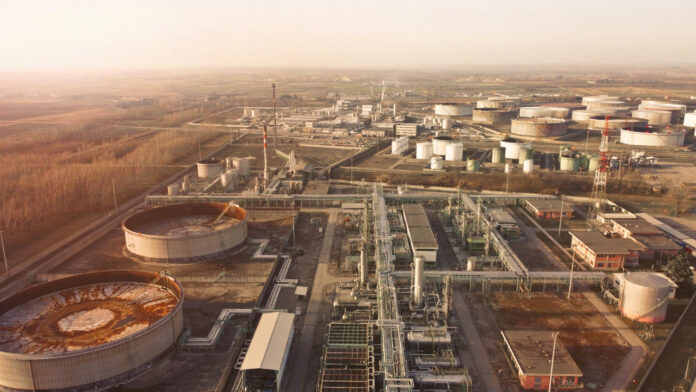New initiative to unlock $600 billion in Saudi petrochemical sector investment and drive economic diversification
In a move that underscores its commitment to economic diversification and fostering private sector growth, Saudi Arabia has launched its first-ever national committee for energy and petrochemicals. Established under the Federation of Saudi Chambers (FSC), the committee aims to boost Saudi petrochemical sector investment and enhance the private sector’s role in these vital industries, aligning with the Kingdom’s Vision 2030 agenda.
The formation of the committee comes as Saudi Arabia sets its sights on attracting $600 billion in investments within the petrochemical sector by 2030. The new initiative is designed to bring together government ministries, regulatory authorities, and major companies to create fresh opportunities for both domestic and international investors, helping to unlock the full potential of this critical industry.
Strategic Leadership and Goals
Jaber bin Ayed Al-Fahad has been appointed as chairman of the committee, with Saad bin Ajlan Al-Ajlan stepping in as vice chairman. Their leadership will be pivotal in advancing key strategic areas such as renewable energy and localisation efforts. One of the committee’s key goals is to achieve 50 per cent renewable energy capacity within the Kingdom, along with localisation programmes aimed at ensuring 75 per cent local content in the energy sector.
These initiatives are intended to position Saudi Arabia as a leader in energy and petrochemical innovation, while also fostering a competitive, sustainable, and diversified economy. By leveraging both public and private sector expertise, the committee aims to facilitate the development of policies that encourage investment and business growth.
Embed from Getty ImagesEnergy’s Pivotal Role in Saudi Arabia’s Economy
Energy continues to be the backbone of Saudi Arabia’s economy, accounting for a significant 40 per cent of its GDP. This vital sector drives growth across multiple industries, including manufacturing, logistics, and mining. The formation of this new committee is closely aligned with Vision 2030, which seeks to diversify the economy, encourage innovation, and open up new investment opportunities, particularly in energy and petrochemicals.
The Kingdom’s push for greater investment in petrochemicals is not just about increasing production; it also focuses on improving efficiency and sustainability through advanced technologies. Investments are expected to fuel the expansion of existing facilities and the construction of new ones, contributing to the continued growth of Saudi Arabia’s petrochemical capacity.
Global Expansion and High-Value Products
In line with its Vision 2030 goals, Saudi Arabia aims to elevate its petrochemical industry by focusing on high-value products such as performance polymers, engineering plastics, and speciality chemicals. These efforts are designed to move the Kingdom up the value chain and capture a larger share of the global market.
The Kingdom’s petrochemical industry has grown substantially in recent years, with annual production now exceeding 118 million tonnes. This growth has been supported by sustained investments in infrastructure, technology, and capacity enhancement, ensuring that Saudi Arabia remains competitive on the world stage.
International Collaboration and Economic Diversification
Saudi Arabia’s push for economic diversification is evident in its expanding global partnerships. On November 18, business leaders from both Saudi Arabia and Poland gathered in Warsaw for the largest-ever Saudi-Polish Business Forum, highlighting the Kingdom’s growing economic ties with Central and Eastern Europe. This forum focused on expanding beyond traditional energy sectors to explore broader economic collaboration, with strong support from the Polish Ministry of Economic Development and Technology.
As part of its broader diversification strategy, Saudi Arabia continues to open doors for foreign investment, positioning itself as a global industrial hub. The Kingdom’s push to attract foreign capital and foster innovation in high-value industries, particularly in the energy and petrochemical sectors, is a clear reflection of its long-term goals for economic growth and stability.
